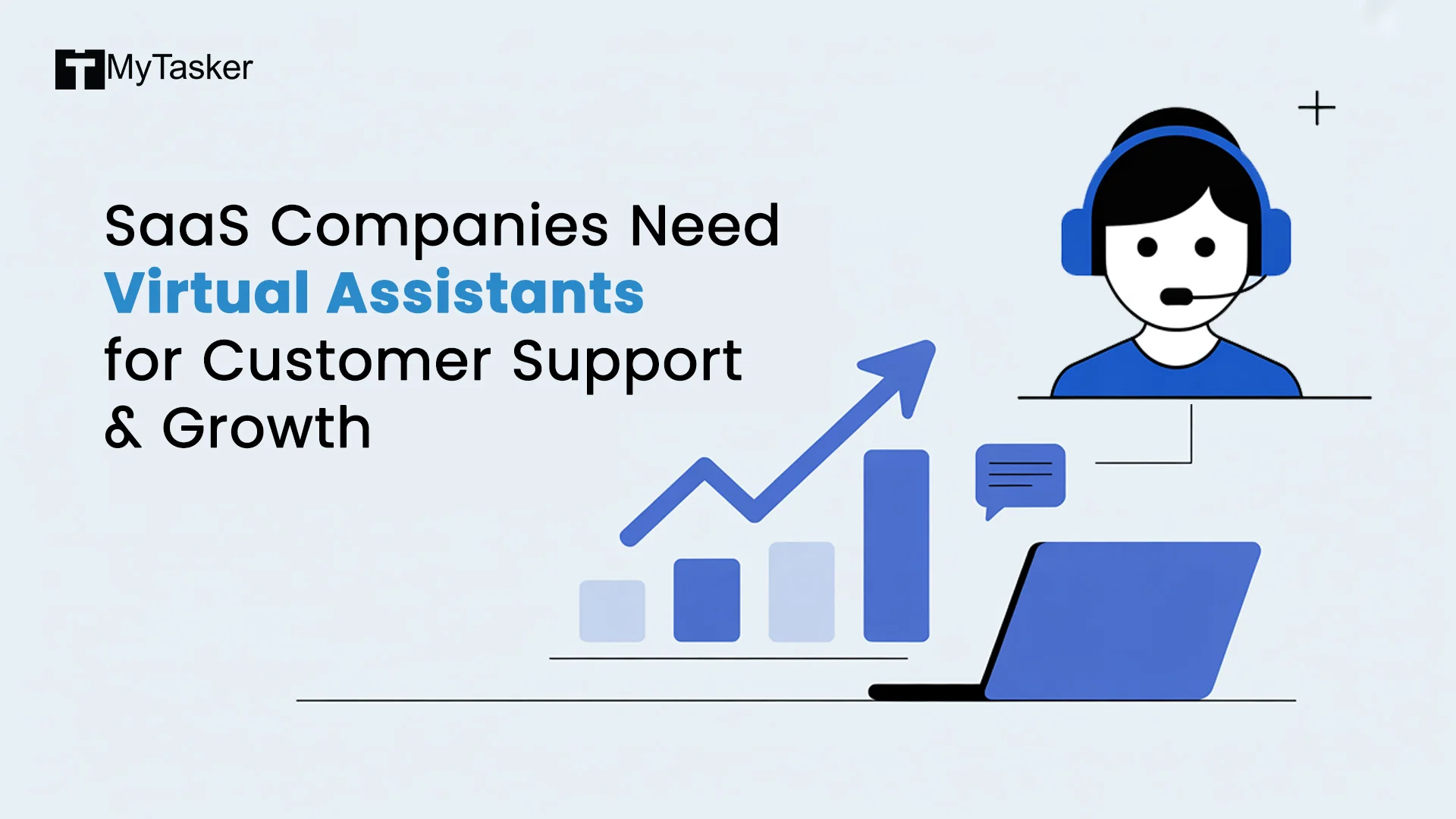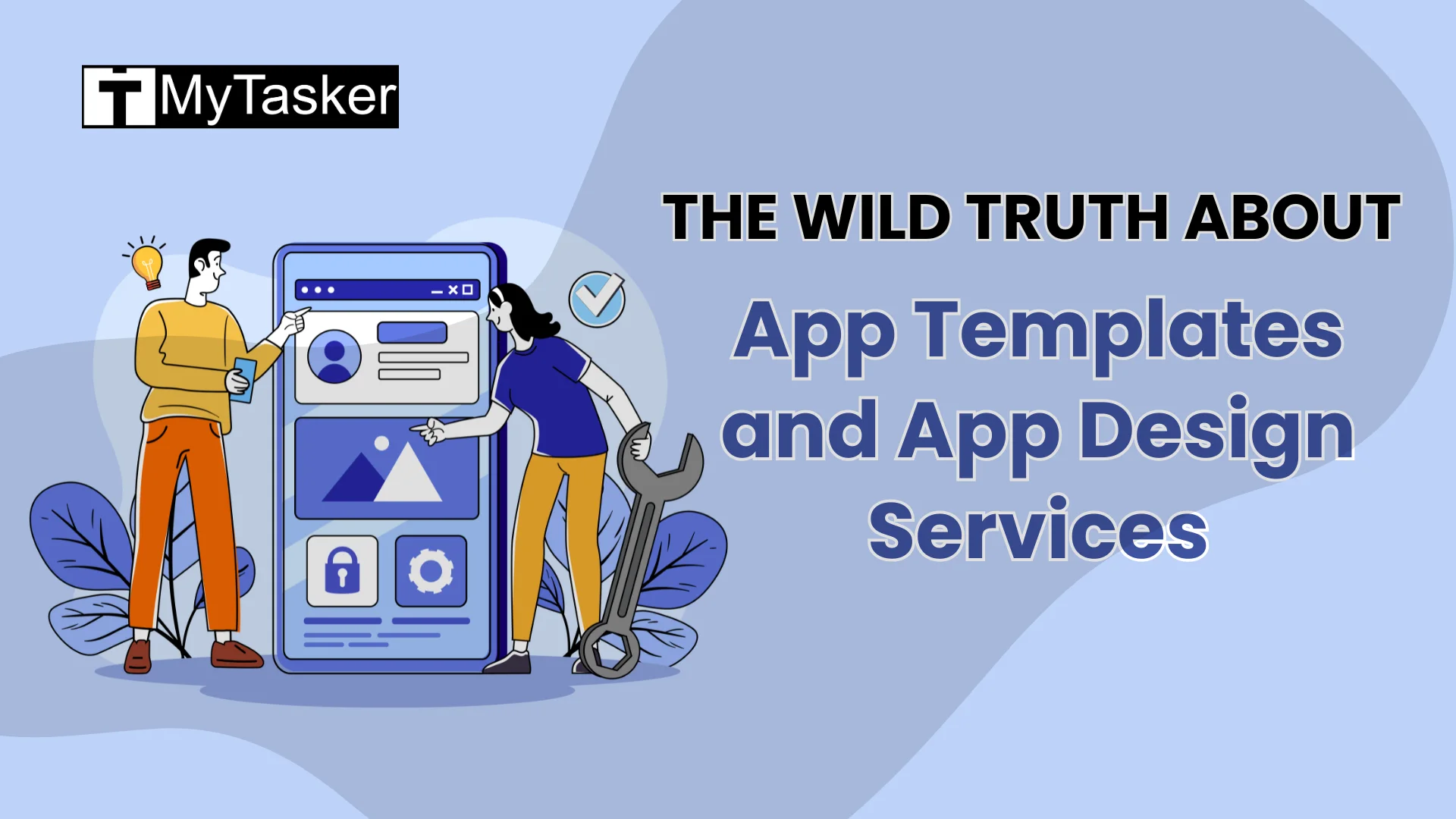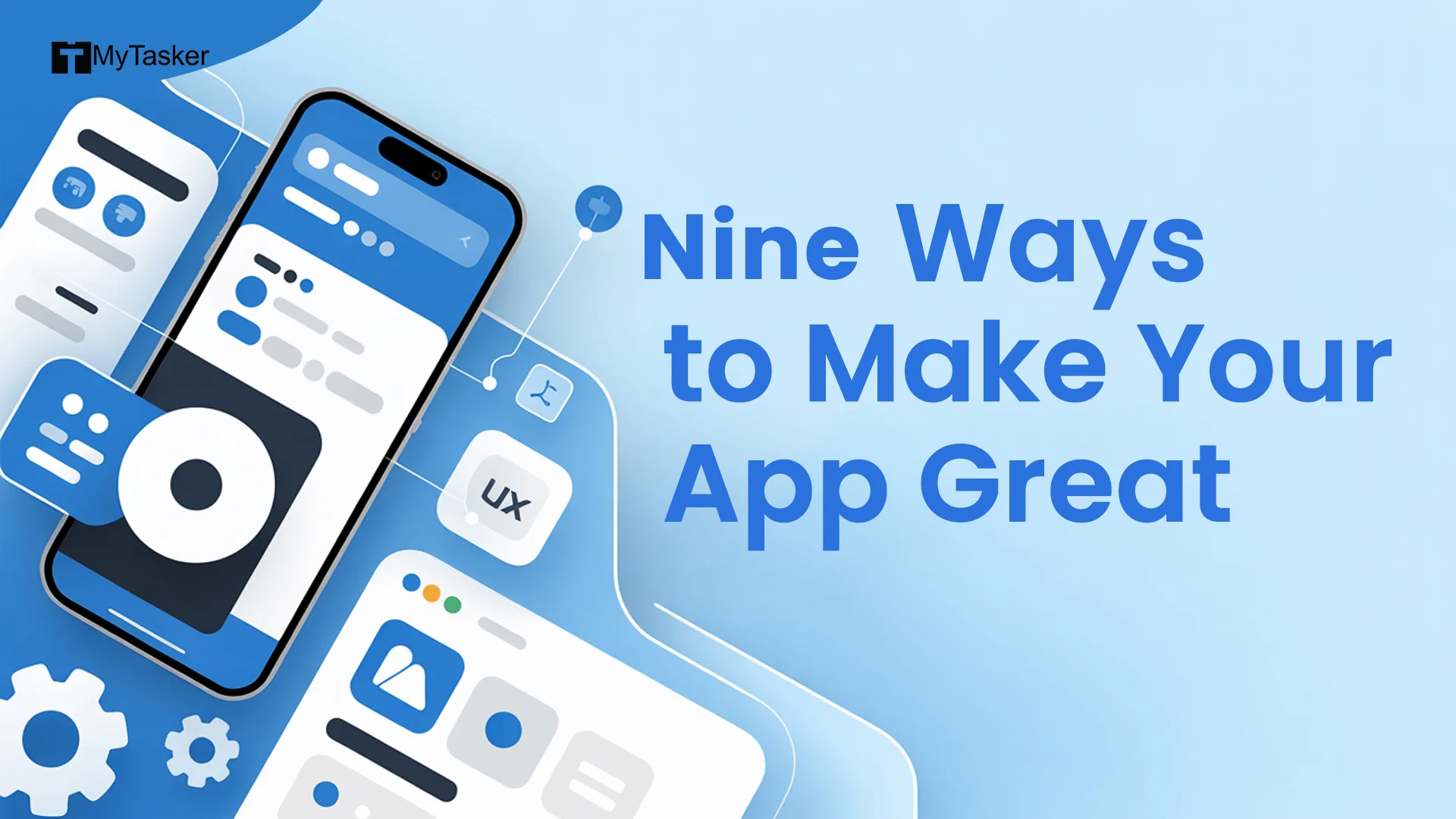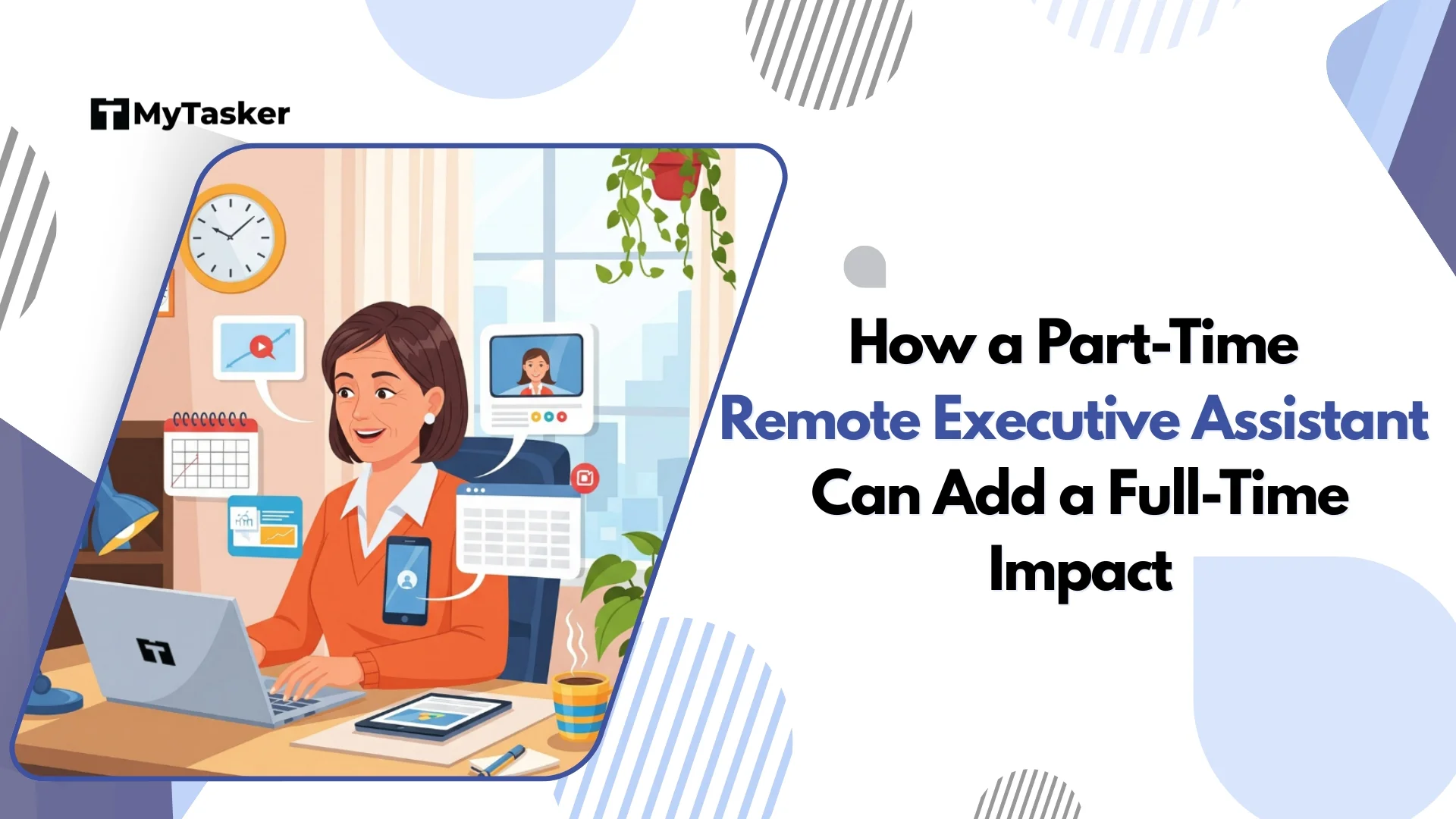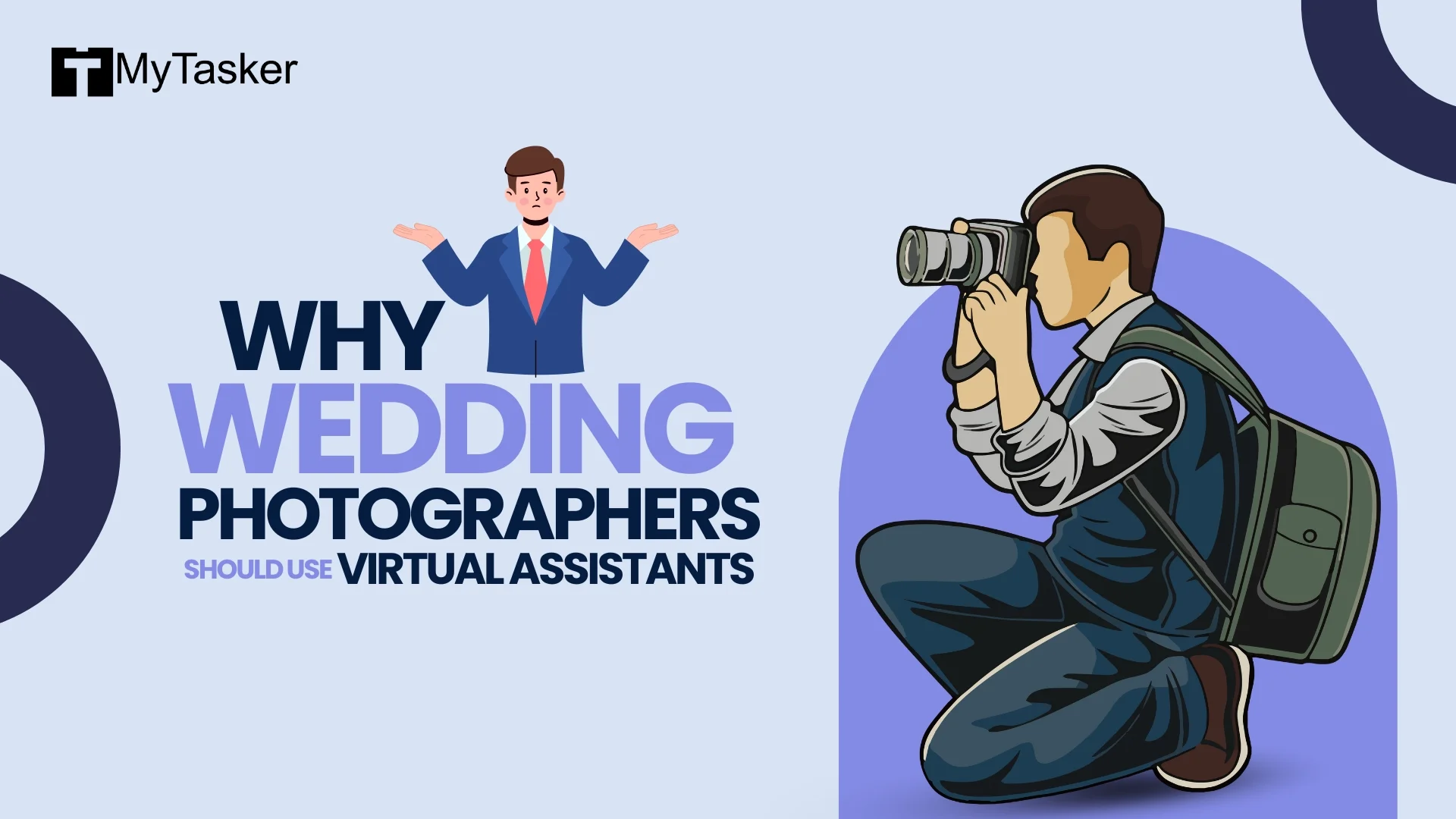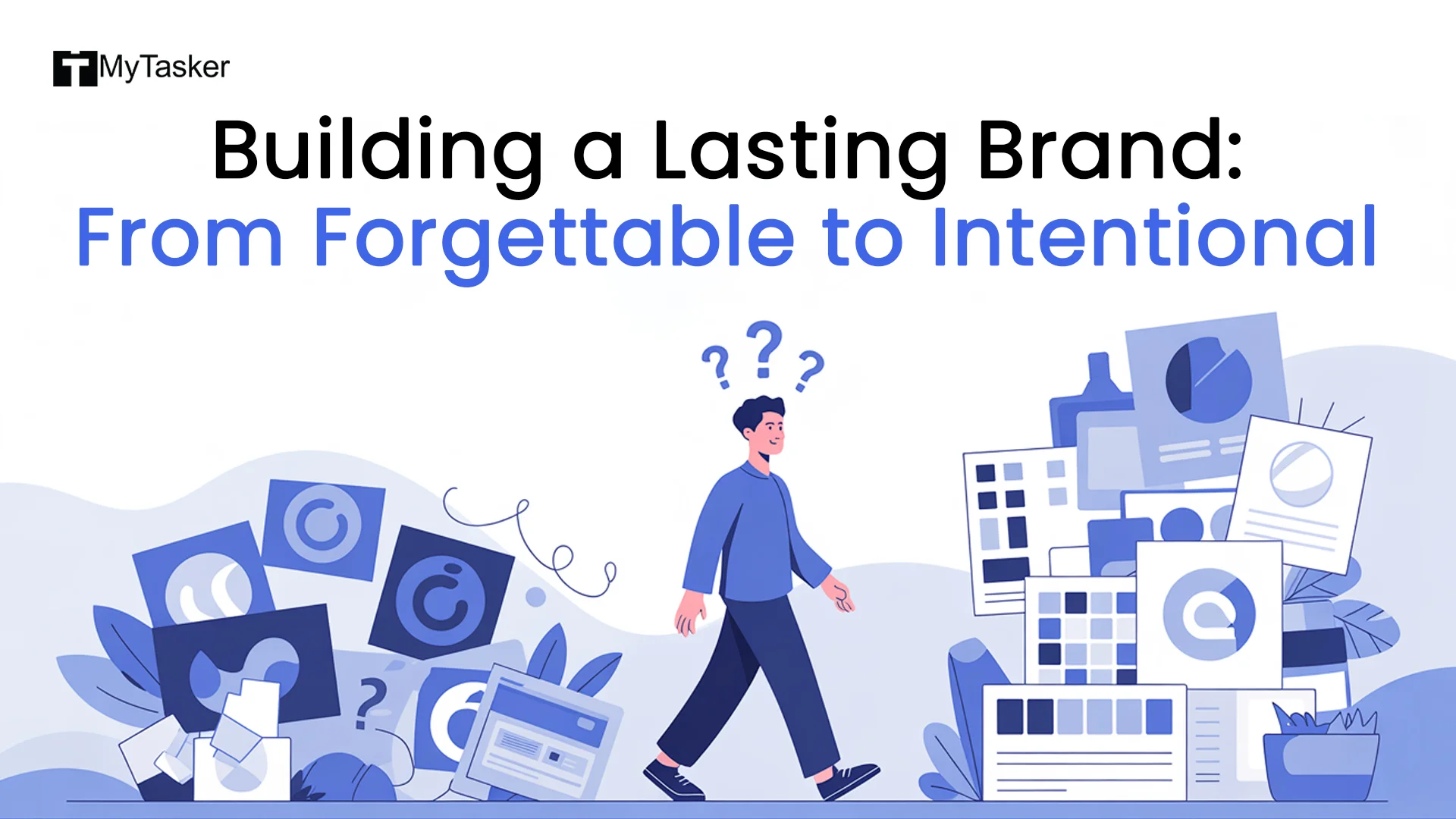Not all SaaS companies start with a pool of experts as there is no such prerequisite for it. You might be someone who is building features, fixing bugs, onboarding users, handling customer questions, keeping investors happy and often experience sleep deprivation. No matter how revolutionary your products are, inbox overflows, message alerts, and complaint notifications require special care. And how come we forget missed calls? Each one can be a missed opportunity in itself if you never hear from them while following up.
That’s where virtual assistants come in—not as a nice-to-have but as a strategic move for support and growth.
SaaS companies that tap into the power of VAs are scaling smarter, responding faster and delivering customer experiences that actually retain users. Here’s why.
The Many Hats Virtual Assistants Can Wear in SaaS
Virtual assistants aren’t just glorified receptionists. In the SaaS world they’re your frontline support reps, onboarding specialists, sales assistants and backend ops managers—rolled into one flexible role. They can jump into your live chat to answer tier-one questions, help new users navigate onboarding and even follow up with trial users who ghosted mid-signup. Need someone to clean up your CRM or flag bugs from support tickets? Yep, they can do that too.
A well trained VA doesn’t just do tasks—they plug gaps, smooth out user journeys and free up your core team to focus on what they do best.
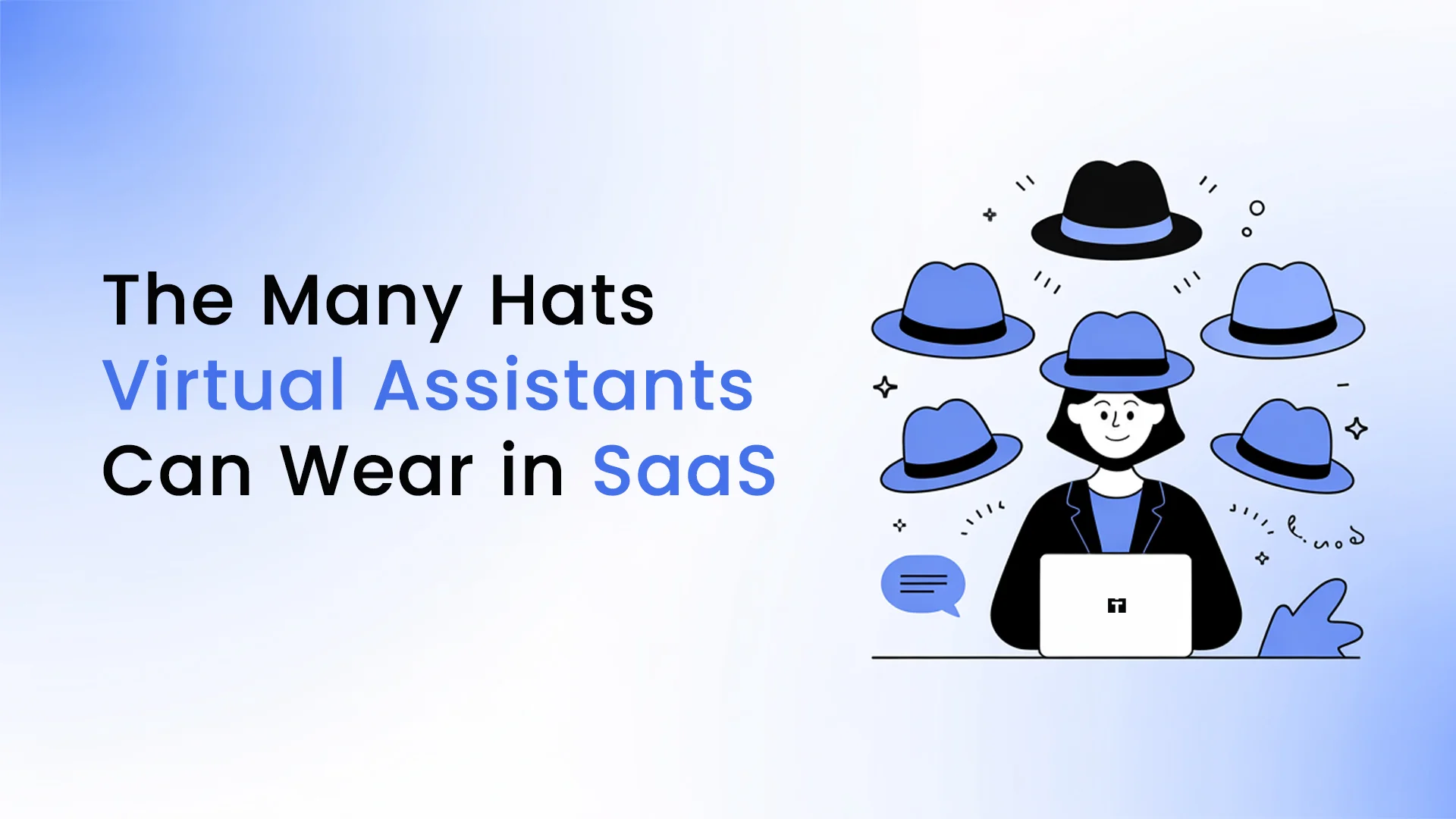
Why Support Teams (and Customers) Love Having a VA
We’ve all seen it: support queues piling up, developers answering password reset emails and customers churning because they didn’t get a response in time. VAs flip that script. They’re available in multiple time zones which means your users aren’t stuck waiting for replies while your team sleeps.
Even better? Virtual Assistants are fast to train. Give them a few SOPs, a quick walkthrough via Loom and they’ll be ready to respond with clarity and empathy. It’s like giving your support team a second brain and a third arm—without needing to hire a full-time employee in every country you serve.
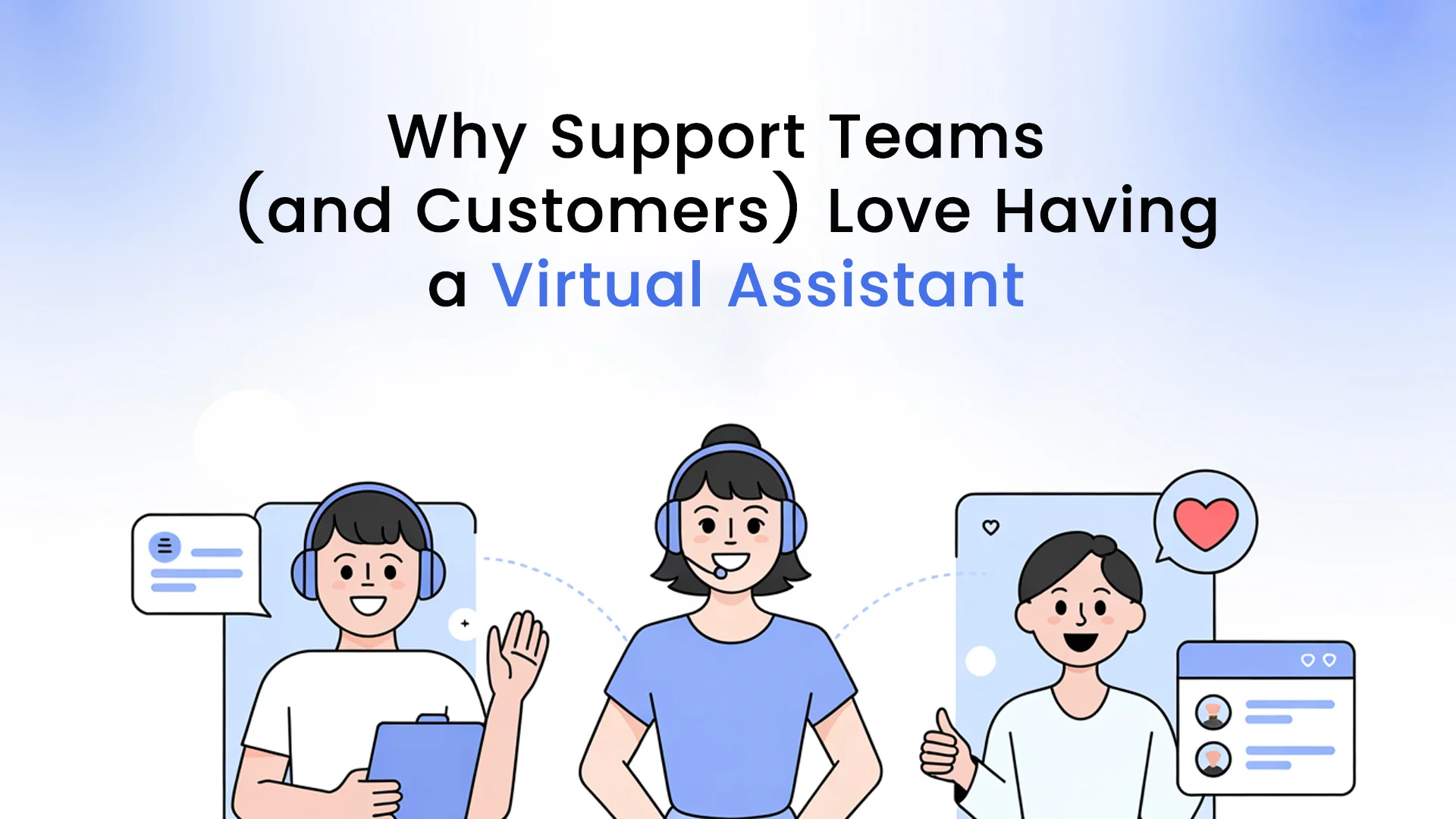
Lean Growth Without Compromising Quality
One of the biggest SaaS myths is that scaling means hiring more full-timers. But what if you could grow without bloating your payroll? That’s exactly what VAs offer. They cost significantly less than in-house hires yet bring just as much value when you pair them with the right systems.
Whether you need 10 hours of support a week or someone to fully own a customer success inbox you can customize your support stack based on your growth phase. It’s lean, flexible and doesn’t require you to cut corners on quality.
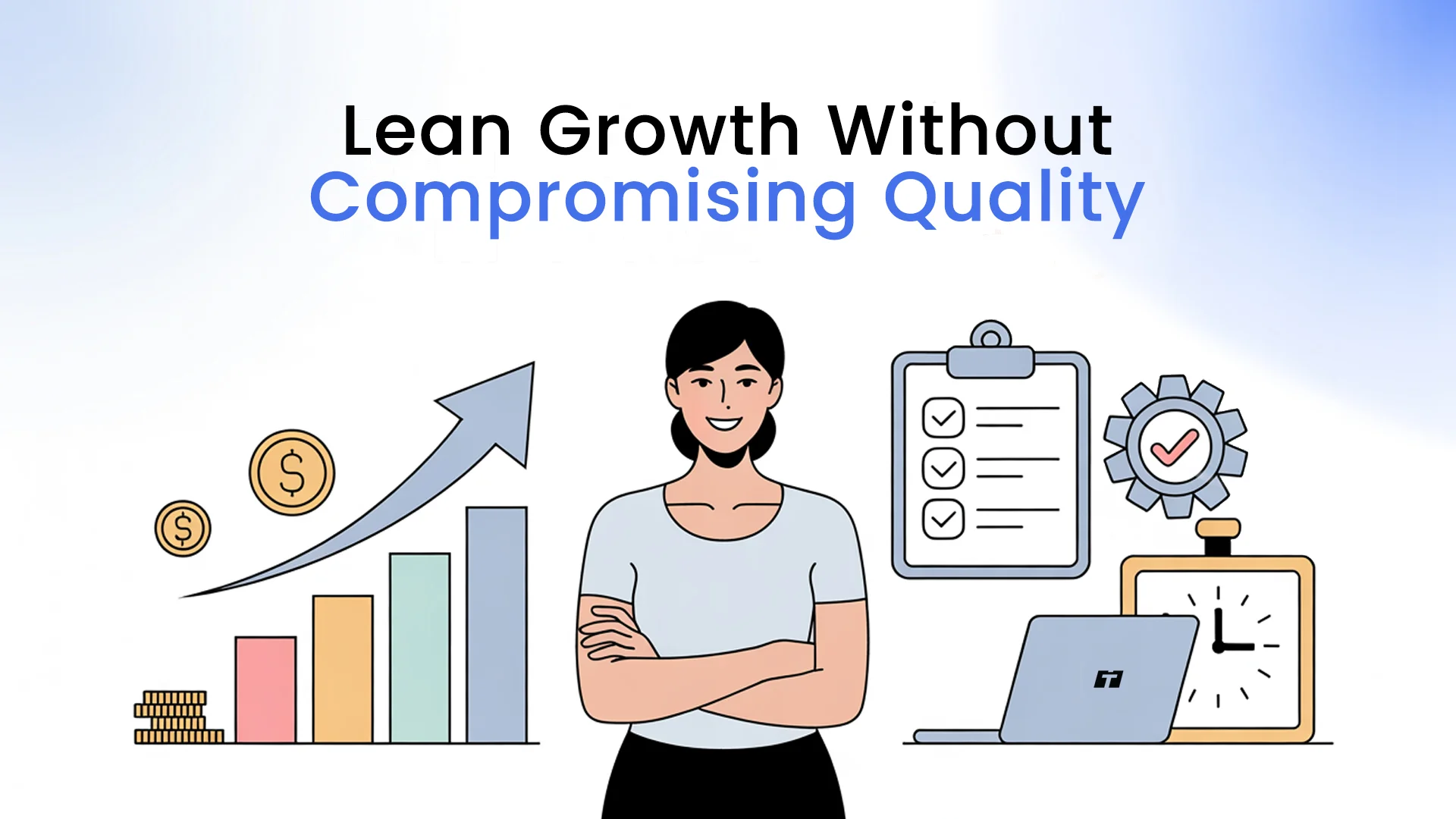
VAs Are Secret Weapons for Sales & Retention
Think Virtual Assistants are only for customer service? Think again. Many SaaS companies are now using virtual assistants to boost sales and retention. They’re qualifying inbound leads, sending smart follow-ups, scheduling demos and even tracking renewal dates in your CRM.
Imagine having someone who checks in with churn-risk customers before they leave, sends a personal thank-you email after signup or collects testimonials after a successful onboarding. That’s not just support—that’s customer success. And that’s how you build loyalty that sticks.
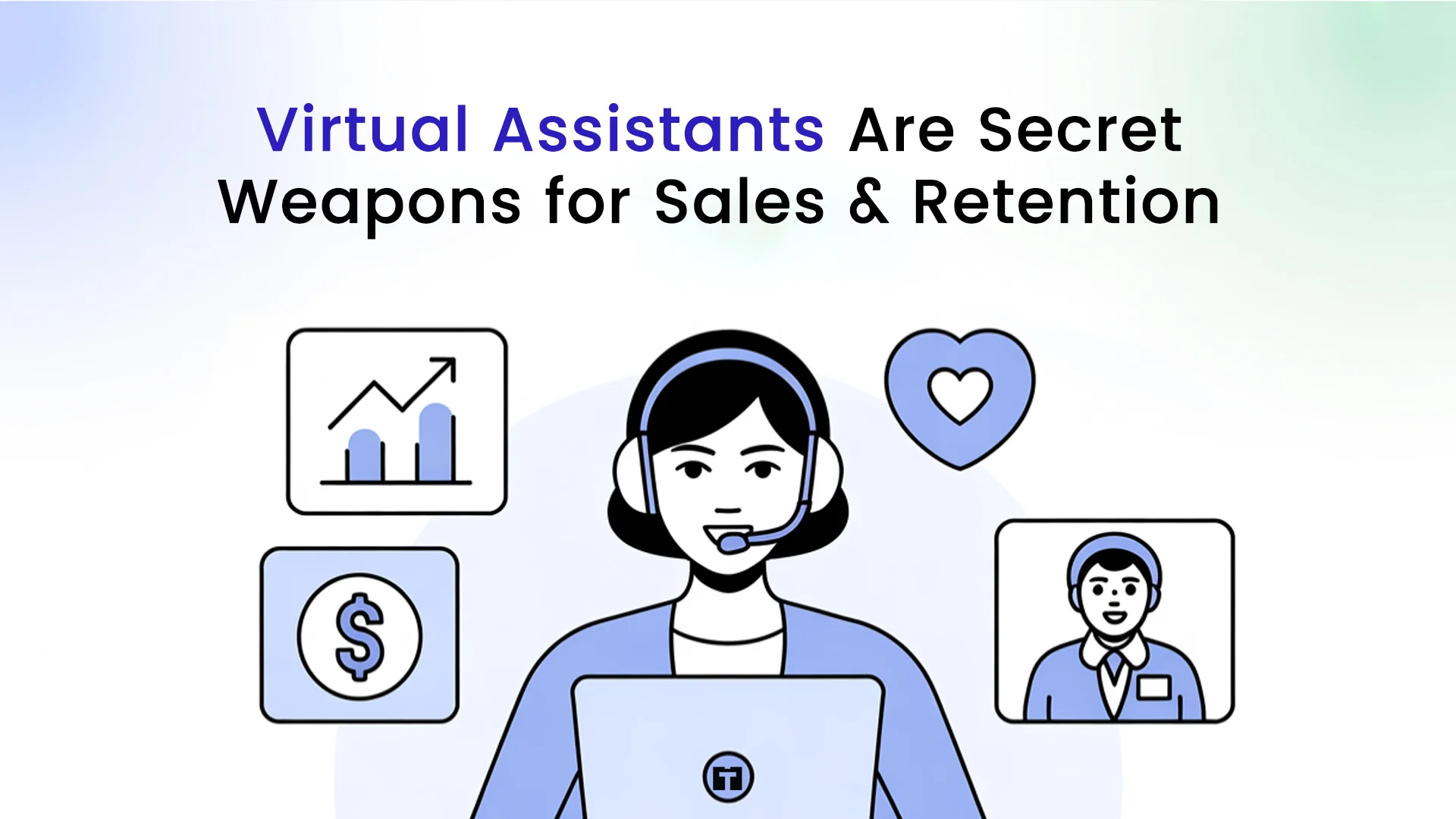
They Integrate With Your Stack, Not Against It
You don’t have to change your tech stack to make room for a VA—they’ll fit right into it. Whether you’re using Notion for docs, Intercom for support, HubSpot for CRM or ClickUp for project management, trained VAs can handle it. The best ones come already familiar with common SaaS tools which makes onboarding ridiculously fast.
And if you’re using AI tools to power parts of your workflow? Even better. VAs can manage, optimize and even run reports from those tools so your team isn’t buried in dashboards.
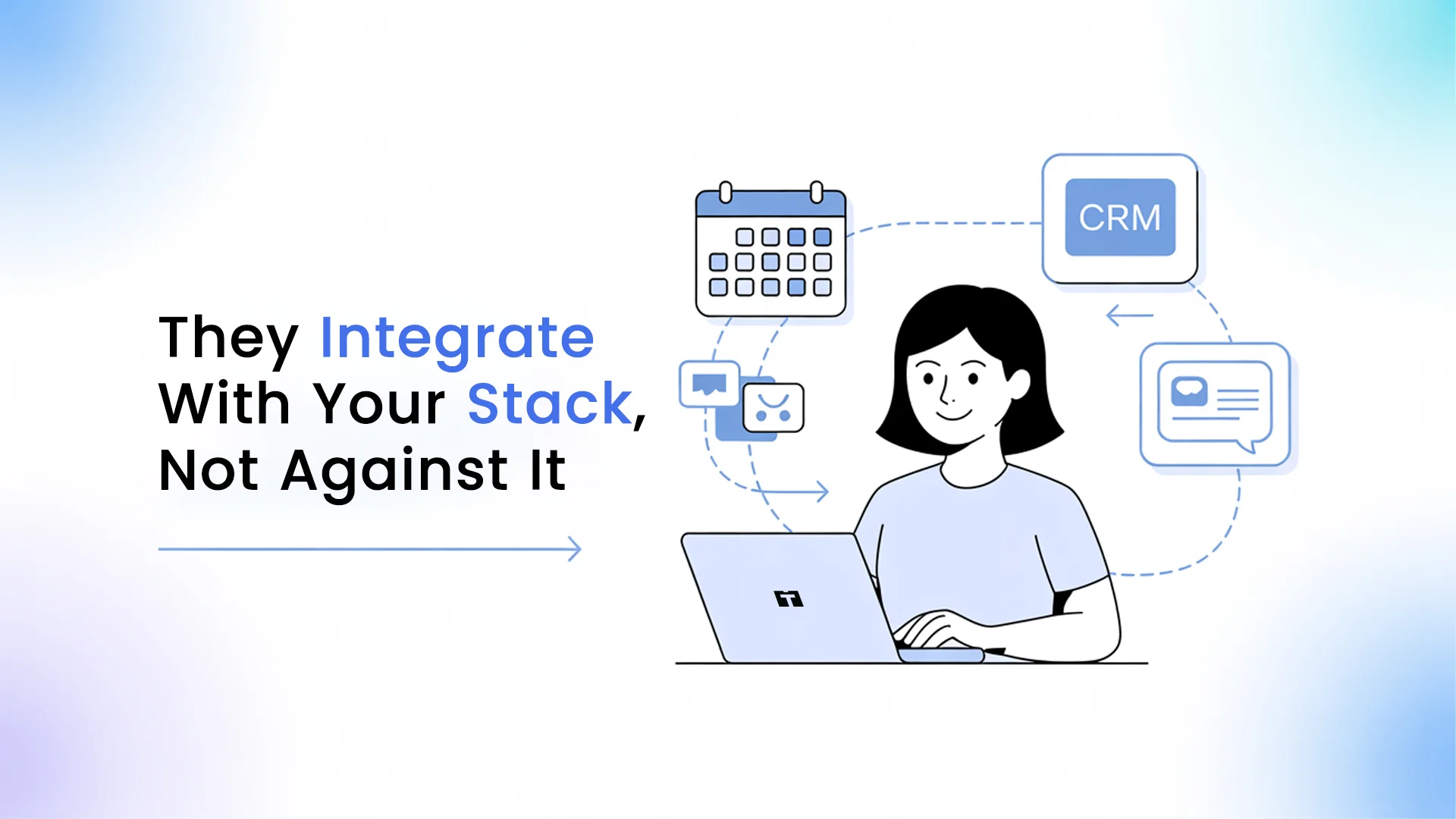
From Support to Backend Ops, They Do the Quiet Work That Drives Growth
Behind every smooth SaaS operation is someone quietly updating the help center, organizing user feedback, logging bug reports and turning messy ideas into structured documentation. That someone can be your virtual assistant.
Virtual Assistants are perfect for maintaining the operational backbone of your business—the unsexy but essential stuff that keeps your product and team aligned. Without needing extra management they can systemize what feels chaotic and help your team breathe easier.
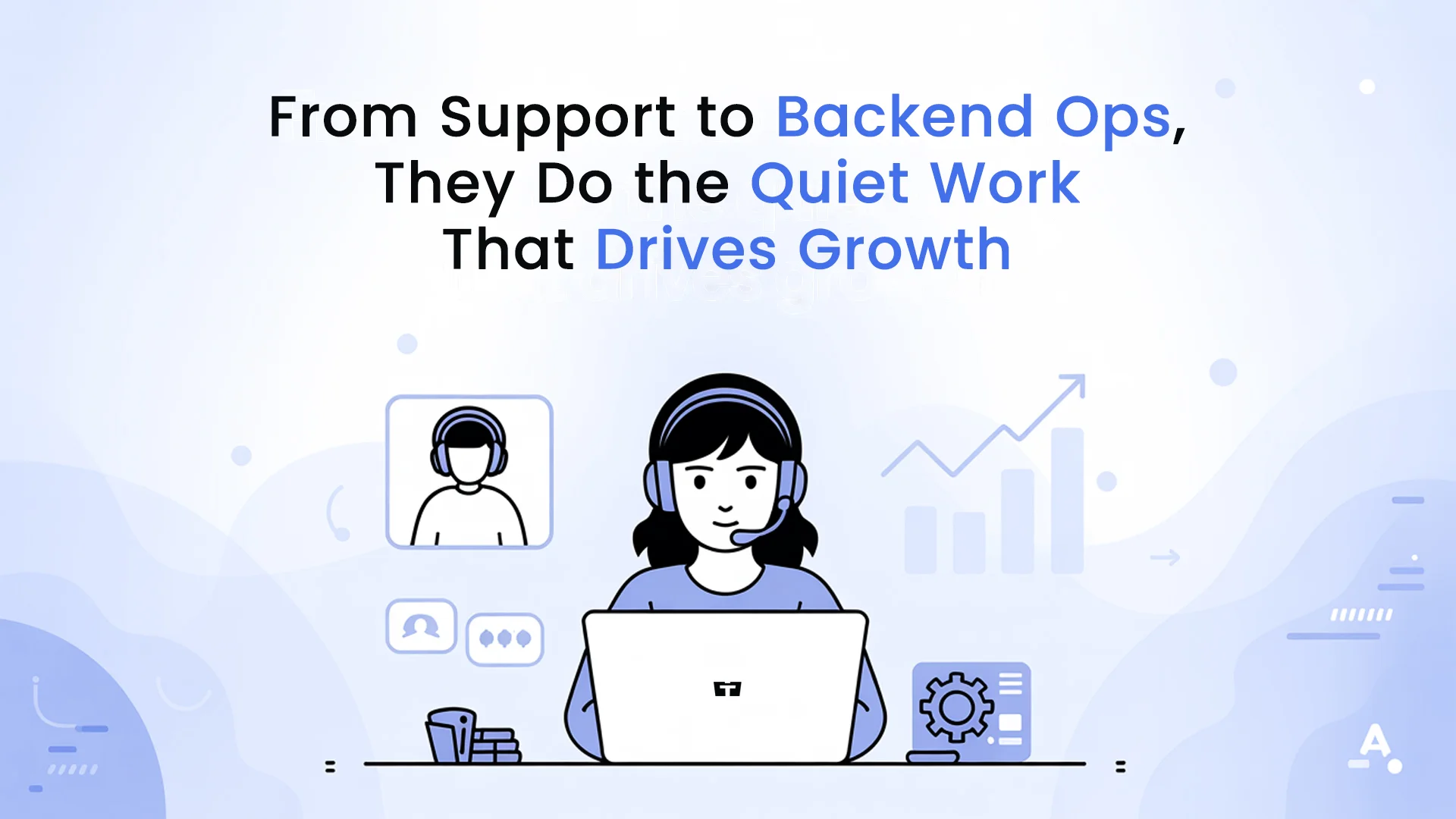
Is It Time to Hire a Virtual Assistant?
If your developers are answering customer tickets, your sales team is ignoring warm leads because the CRM is a mess or your onboarding emails are going out late—yeah, it’s probably time. Even 5–10 hours a week with a skilled VA can unblock your team and keep your customers feeling heard.
Don’t wait until you’re buried. Smart SaaS teams hire before the pain becomes a problem.
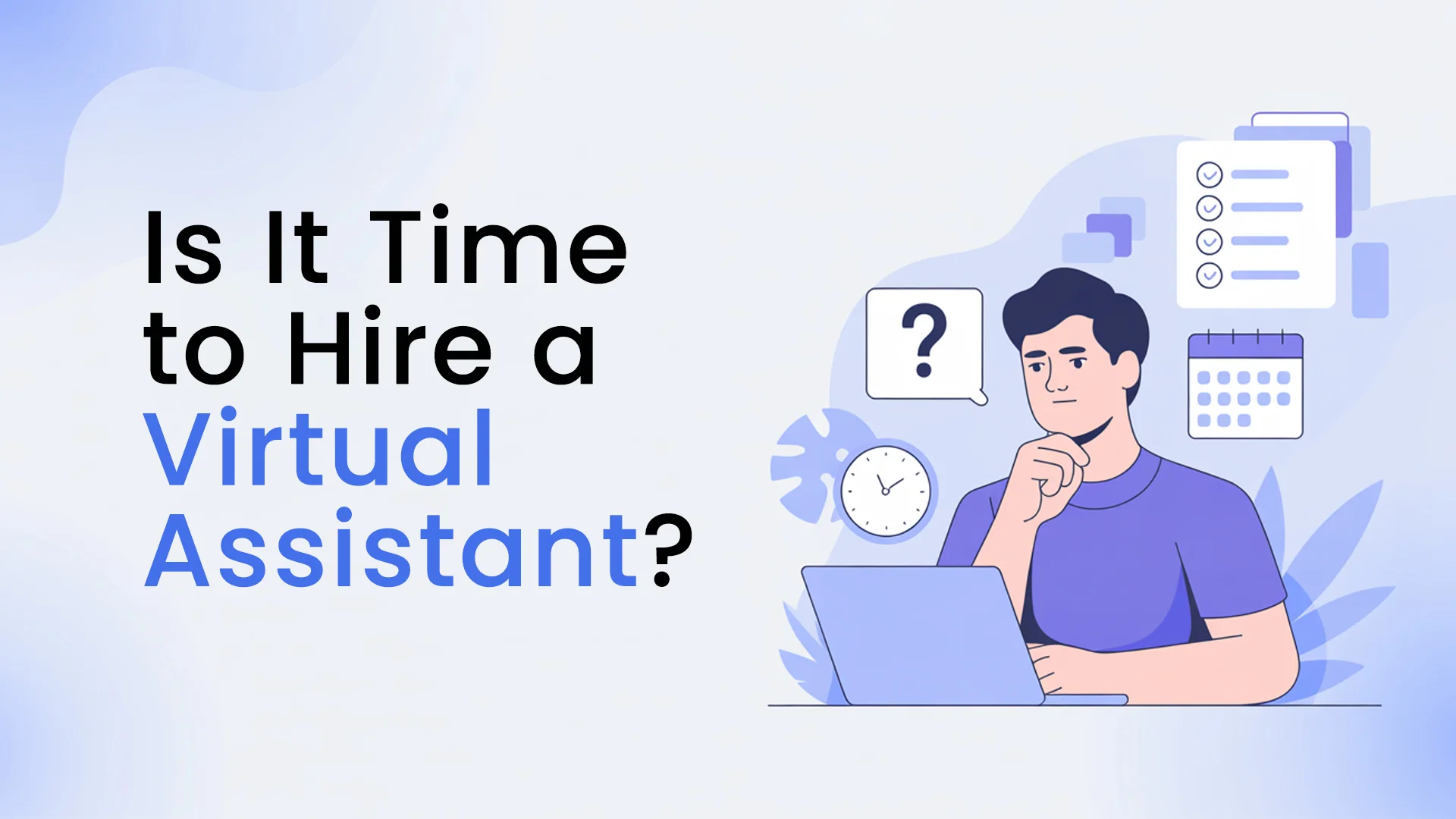
Making It Work: How to Train & Onboard a VA (Without Losing Your Mind)
Worried about the time it takes to train a VA? Don’t be. You can get someone up and running with:
- A clear task list
- A few Loom walkthroughs
- A shared knowledge base or playbook
- Access to tools via LastPass or a secure password manager
Start small, scale their responsibilities gradually and schedule regular check-ins. You’ll be amazed how quickly a good VA becomes an irreplaceable part of your workflow.
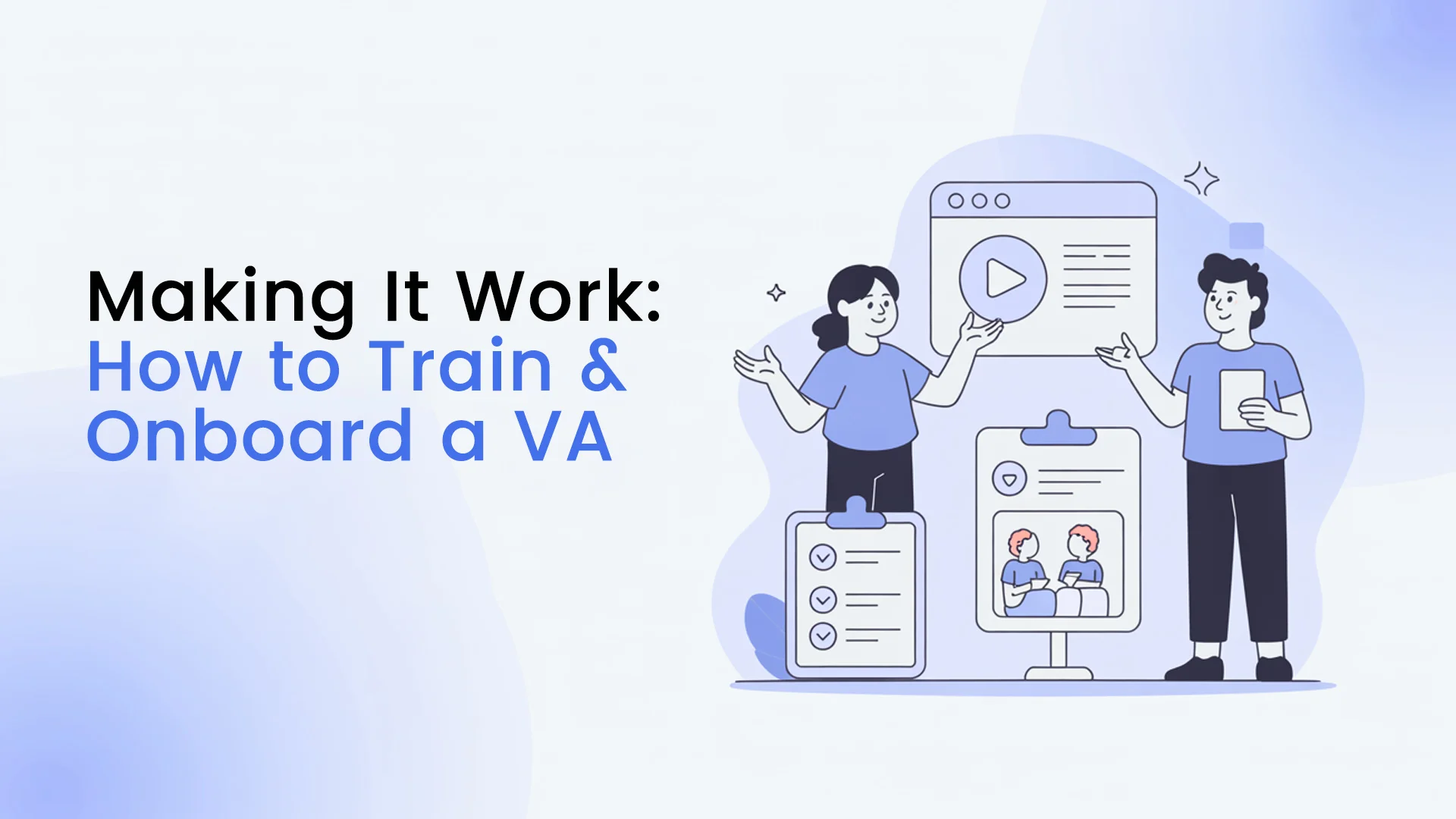
MyTasker Makes It Easy for SaaS Teams
At MyTasker, we help SaaS founders and teams like yours onboard trained virtual assistants who get customer support, live in your tech stack and genuinely care about your users. Whether you need help with support, sales, onboarding or backend ops—we’ve got you covered.
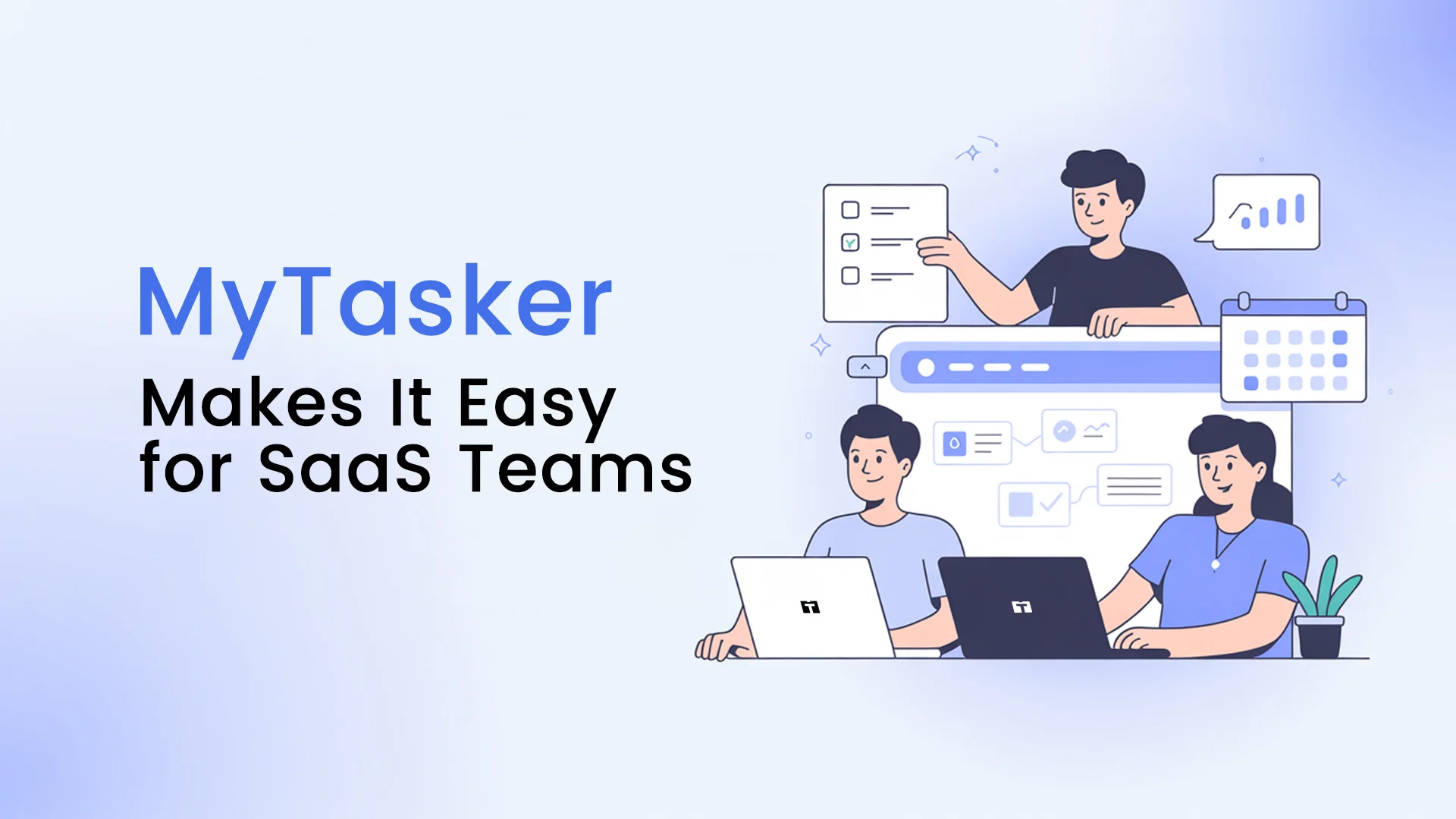
Want to build a leaner, faster, more responsive SaaS company?
Book a free consultation today and let’s create your virtual assistant game plan.
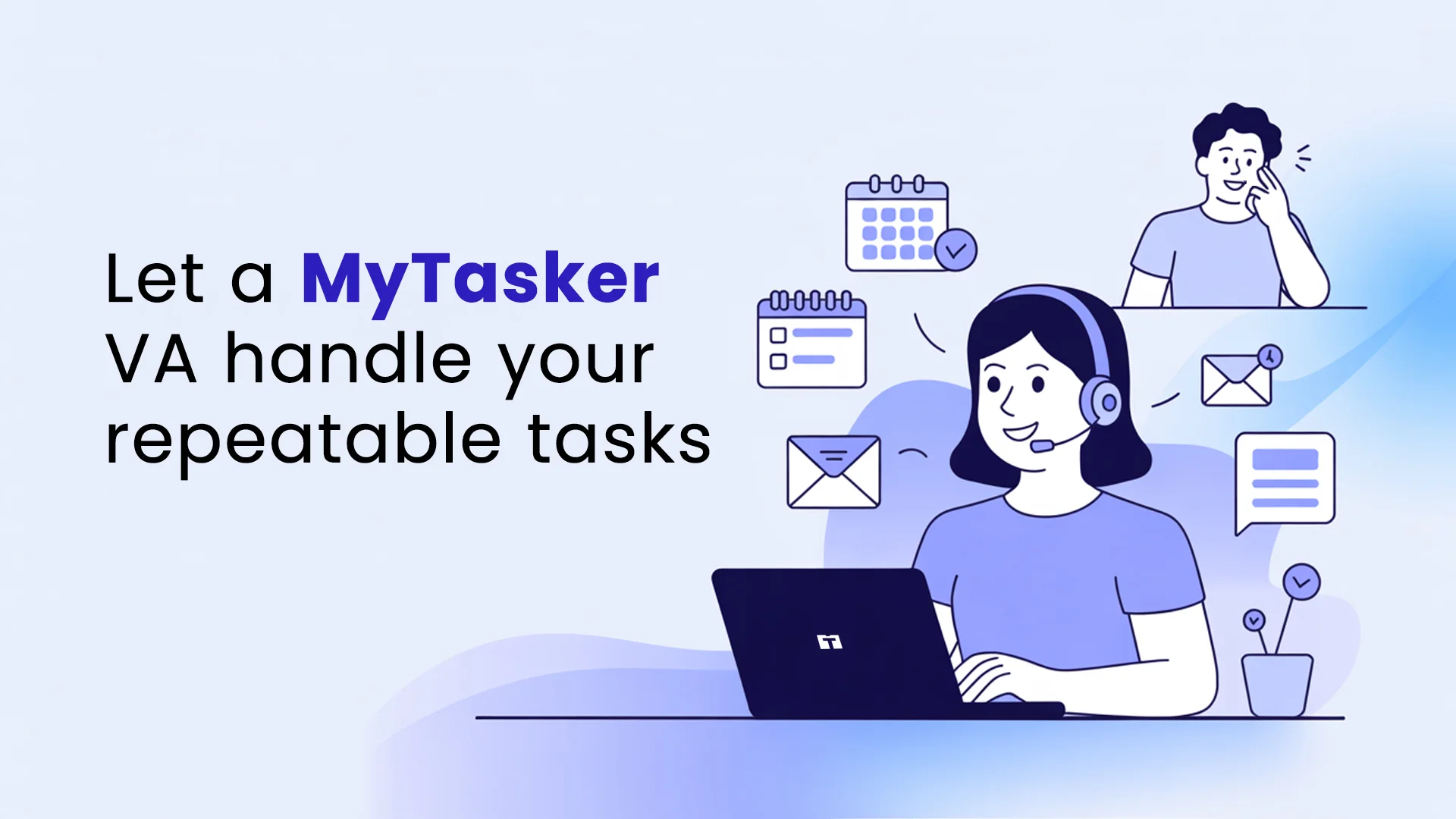
Some questions that you might have or come across while hiring a VA
Can a VA really understand our SaaS product?
Yes. With proper training—through SOPs, video walkthroughs and your help center—a virtual assistant can get up to speed quickly and even help improve your onboarding materials based on user questions.
How do I know if I can trust a VA with customer data?
Hire through trusted companies like MyTasker where assistants sign NDAs and follow strict data security protocols. Always use role-based access and tools like LastPass for shared logins.
Do I need a full-time VA?
Not necessarily. Many SaaS companies start with 10–20 hours per week which is enough to dramatically reduce the internal workload. You can always scale up as your business grows.
Can VAs do technical support too?
They can do Tier 1 and some Tier 2 support if trained on your knowledge base. More complex, code-level issues should still go to your tech team but VAs can triage and escalate with all the context.
How long until I see results?
Many SaaS teams start seeing reduced ticket backlogs, faster response times and happier customers within the first 1–2 weeks of hiring a VA. It’s one of the fastest ways to create breathing room in your operations.
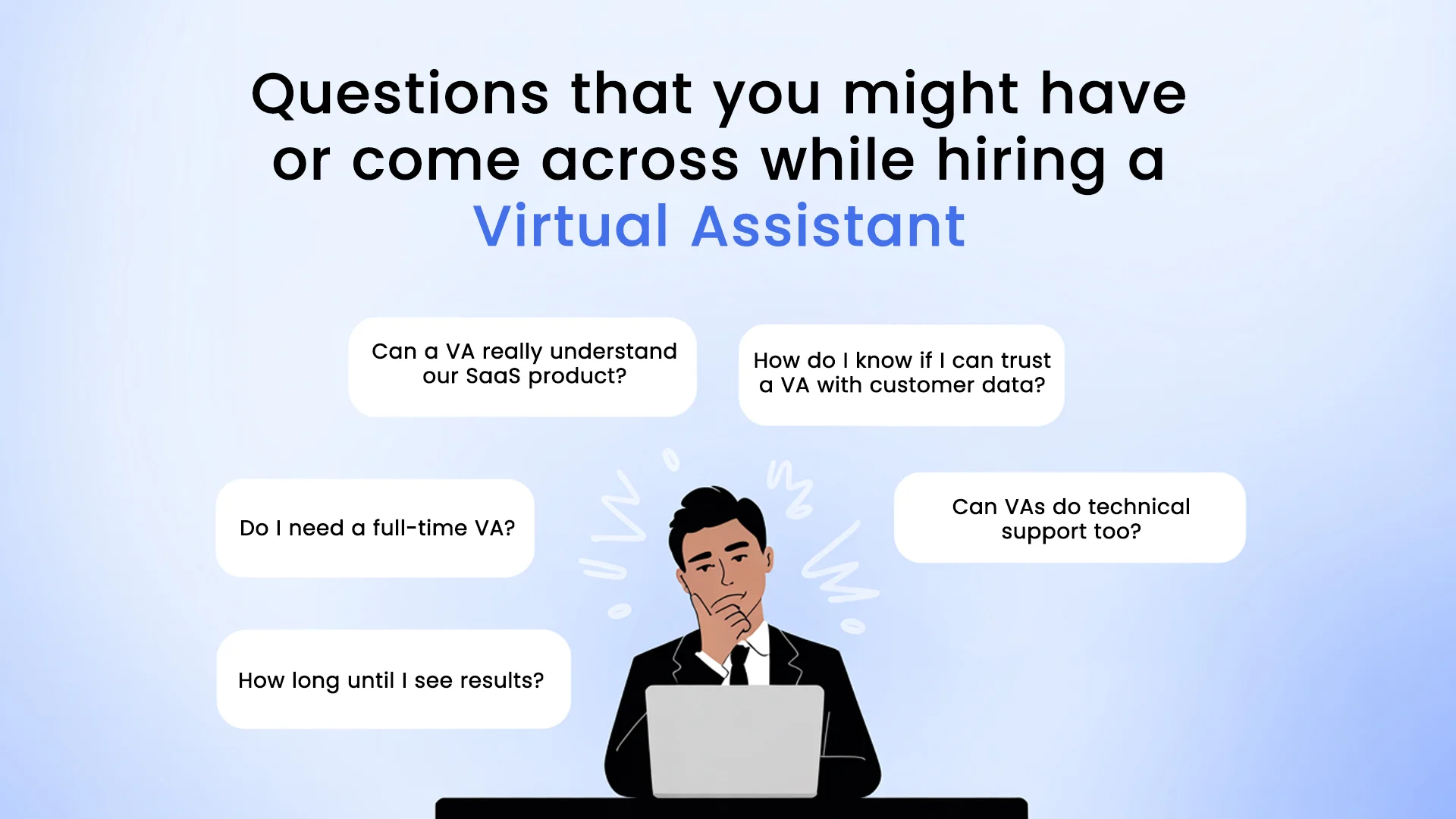
You didn’t launch your SaaS to spend your day chasing leads, answering billing questions or writing how-to docs. Let a VA handle the repeatable, time-sucking tasks—so you can build the company you actually dreamed of.



